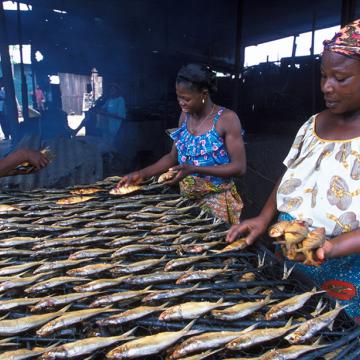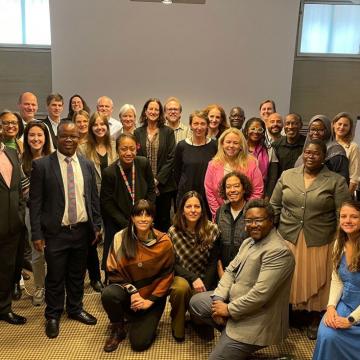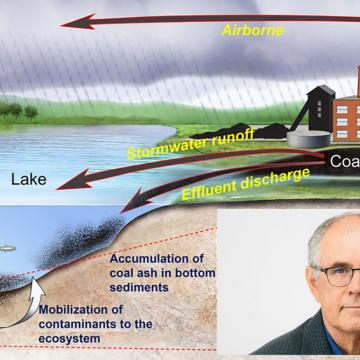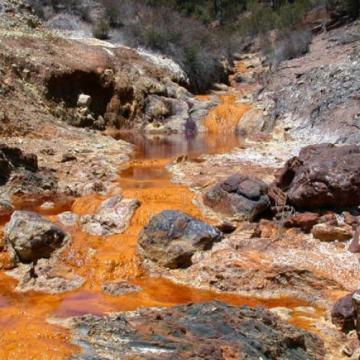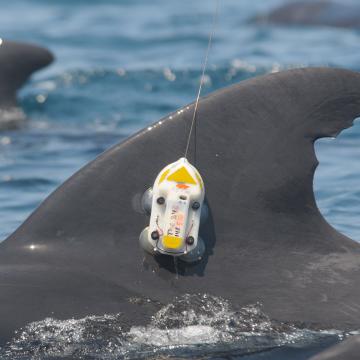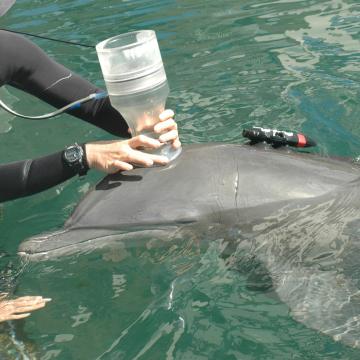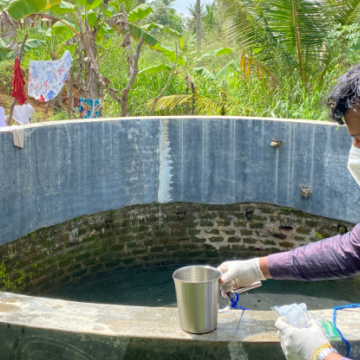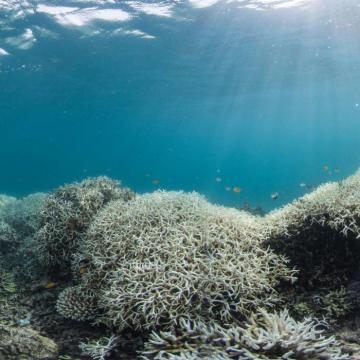-
NewsThe Illuminating Hidden Harvests Report culminates a collaborative research effort led by the Food and Agriculture Organization of the United Nations (FAO), Duke University and WorldFish examining the multifaceted contributions of small-scale fisheries to sustainable development.
-
NewsDuke scholars and students were among more than 800 experts who contributed to global study calling for policymakers to consider contributions of small fisheries
-
NewsClimate change and rapid economic development have placed increased pressures on many coastal communities in recent years. Now, a new international study shows there is also a third force—the unintended consequences of conservation measures enacted with little or no consideration of local rights and needs—that can compound the harm. The study’s authors call the combined effects of these three forces a “triple exposure.”
-
NewsNew GIS-enabled analysis by a Duke University researcher maps what the far-reaching impacts to international trade and shipping could be if any of the world’s 11 busiest marine chokepoints, or shipping straits, are closed due to politics, piracy, vessel accidents, or other causes. Knowing in advance what to expect will help businesses and governments better navigate unexpected closures and reduce disruptions to international trade and global supply chains.
-
NewsSand mining happens on every inhabited continent and at nearly every conceivable scale. Some of it is legal; much of it is not. A new book from Duke University Press, “Vanishing Sands: Losing Beaches to Mining,” casts light on the shadowy world of sand mining through case studies that illuminate its disastrous impacts and a concluding chapter that proposes common-sense solutions.
-
NewsDuke experts discuss how the legislation spurred environmental progress in America
-
NewsToxins in lake bottom may become available to food web
-
NewsMixing toxic coal ash into acid mine drainage may sound like an odd recipe for an environmental solution, but a new Duke University-led study finds that it can neutralize the drainage’s dangerously low pH and help reduce harmful impacts on downstream ecosystems—if you use the right type of ash. Using the wrong type of ash can create new contamination and not tame the drainage’s extreme acidity.
-
NewsA Duke University-led research team has used acoustic tags to eavesdrop on pilot whales as they forage in waters off Cape Hatteras, N.C. Vocalizations and echoes recorded by the tags reveals the whales alter their hunting behaviors based on the local environment, a trait that may contribute to the species’ success in adapting to shifting prey distributions and other changes now occurring in the world’s oceans.
-
NewsMost North Atlantic right whales that are severely injured in fishing gear entanglements die within three years, a study by the New England Aquarium and Duke University finds. Severely injured whales were up to eight times more likely to die than those with minor injuries, and only 44% of males and 33% of females with severe injuries survived longer than 36 months. Females that did survive had low birth rates and longer intervals between calving.
-
NewsHow much energy does a dolphin use to swim? Fundamental understanding about their physiology and ecology may boost odds of survival.
-
NewsProducing energy from fossil fuels uses or contaminated much more water than previously estimated, a new book by two Duke researchers shows.
-
NewsDuke researchers implement a large water sampling campaign in rural Sri Lanka, aiming to discover the origins of a cluster of chronic kidney disease cases.
-
NewsA new analysis reveals that the majority of the ocean’s surface has experienced extreme heat regularly since 2014.
-
NewsNew research finds nearly 75% of the seafood exported to China is processed there and ‘re-exported’ to global markets as Chinese products, making it hard to track its sustainability and verify it’s labeled accurately, but also gutting the economies of small fishing communities worldwide that can no longer compete.
